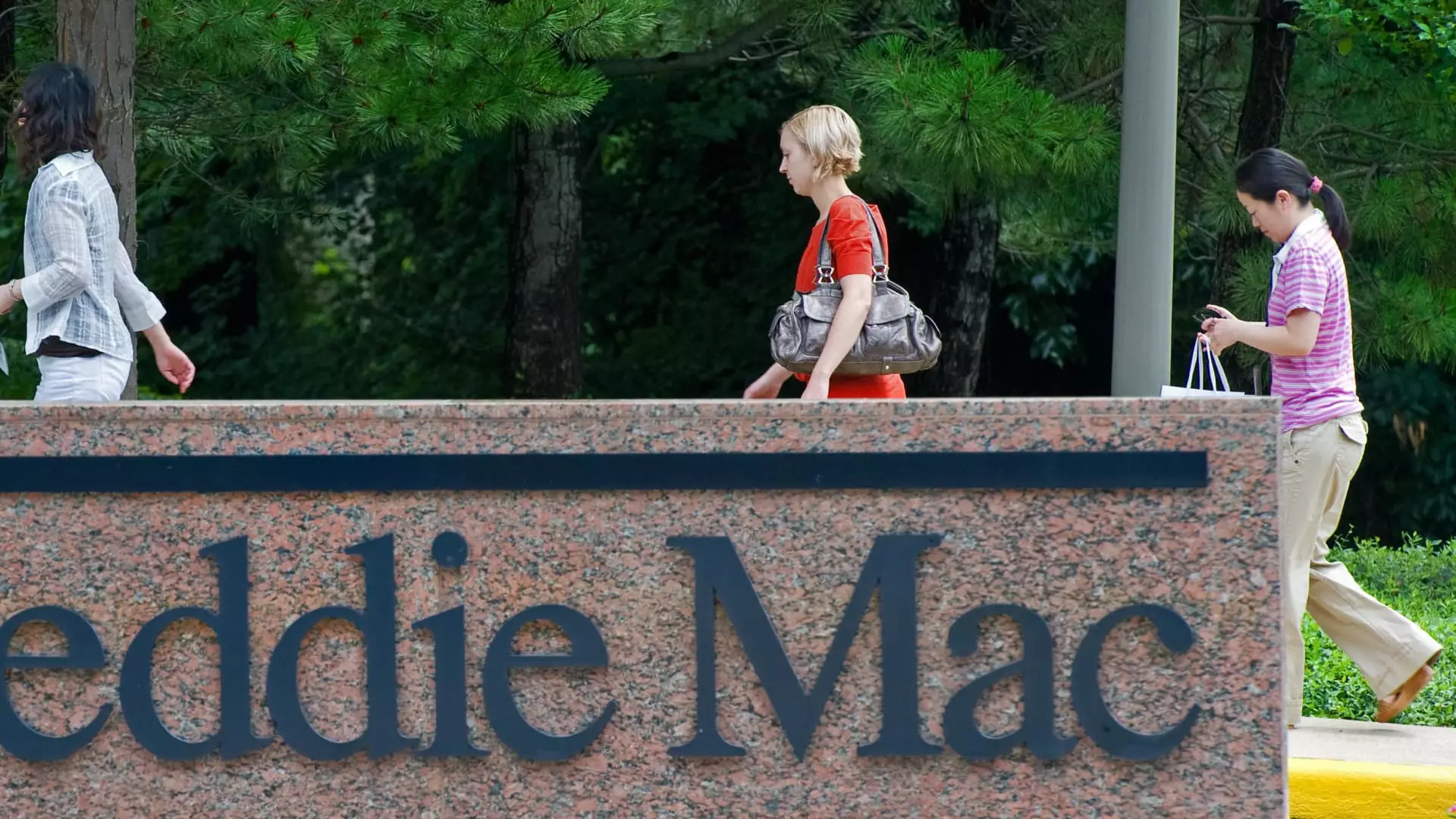Fannie Mae and Freddie Mac, the two predominant players in the American mortgage finance landscape, have been under federal conservatorship for over 15 years. This arrangement came into effect after the financial crisis of 2008 when these government-sponsored enterprises (GSEs) required a federal bailout to avoid collapse. Their role in maintaining a stable housing market has been undeniably pivotal, yet discussions about their potential privatization have resurfaced, particularly during the presidency of Donald Trump. As the second term progresses, the question arises: what would the privatization of these institutions mean for the housing market, homebuyers, and the broader economy?
Fannie Mae (Federal National Mortgage Association) and Freddie Mac (Federal Home Loan Mortgage Corporation) were created with the intent to enhance access to mortgage credit, thereby legitimizing the 30-year fixed-rate mortgage as a staple in American home financing. Their operations have fundamentally underpinned approximately 70% of the mortgage market. However, the subprime mortgage crisis exposed the fragility of the housing market, causing both entities to seek government intervention. Since then, they have operated under the supervision of the Federal Housing Finance Agency (FHFA), which enacted stringent measures to mitigate risks and curb profit retention.
The current conservatorship was designed to protect taxpayers and stabilize the housing market by ensuring these GSEs did not engage in risky practices that could lead to significant financial fallout. Analysts argue that an effective release from conservatorship would require not only careful navigation of complex economic and legal hurdles but also a vision for sustainable oversight.
During Trump’s administration, there were movements aimed at transitioning Fannie and Freddie back to the private sector, although these efforts faced numerous challenges, leading to stagnation. Recently, this topic has re-emerged. Advocates for privatization argue that releasing these entities from federal control could lead to a more competitive mortgage market. Notably, criticism revolves around the idea that such privatization could lower borrowing costs over time.
However, experts have pointed out significant risks associated with this potential transition. The head of Moody’s Analytics, Mark Zandi, suggests that the successful privatization of Fannie Mae and Freddie Mac could ultimately result in heightened mortgage rates. Increasing costs could dissuade homebuyers and exacerbate housing affordability issues. Zandi further argues that any changes would disproportionately benefit shareholders at the expense of the general public and the housing market’s stability.
The ripple effects of releasing Fannie Mae and Freddie Mac could extend far beyond mortgage rates. With an uncertain market response, there is a genuine concern that investors in mortgage-backed securities may demand higher returns to offset perceived risks associated with potential privatization. This demand for higher yields could inadvertently fuel a spike in mortgage rates that would impact millions of American borrowers.
Not only could this lead to increased borrowing costs for homebuyers, but it could also hamper economic growth. History shows that when credit becomes more expensive and challenging to secure, the housing market often contracts, leading to fewer transactions and a slowdown in home construction, ultimately stifling job growth.
The Biden administration’s stance on privatization remains to be seen. While certain figures, such as Scott Turner, the Secretary of Housing and Urban Development, have voiced intentions to prioritize the release of the GSEs from conservatorship, others remain skeptical about the timing and logistics involved in such a significant market reform. Politically charged discussions surrounding this topic often overlook the underlying complexities and ramifications for everyday Americans.
Moreover, the influence of interest groups cannot be disregarded. Entities invested in the current system may voice concerns about transitioning to a privatized entity, fearing that such a move would reduce stability in the housing market and exacerbate affordability crises—an issue that is particularly poignant in contemporary political discourse.
While the future of Fannie Mae and Freddie Mac remains uncertain, the implications of potential privatization loom large. Experts highlight the need for a careful and considered approach to this highly intricate issue. Economic stability, home affordability, and investor confidence hinge on how policymakers choose to navigate the preliminary phases of any potential release.
Privatization could fundamentally alter the landscape of mortgage finance in the U.S., and the various stakeholders, from homeowners to investors, must be considered in this delicate process. Ultimately, whether the privatization of Fannie and Freddie is in the best interest of the American public is a question that requires thorough analysis and a consensus-driven approach amidst a landscape of competing interests.


Leave a Reply